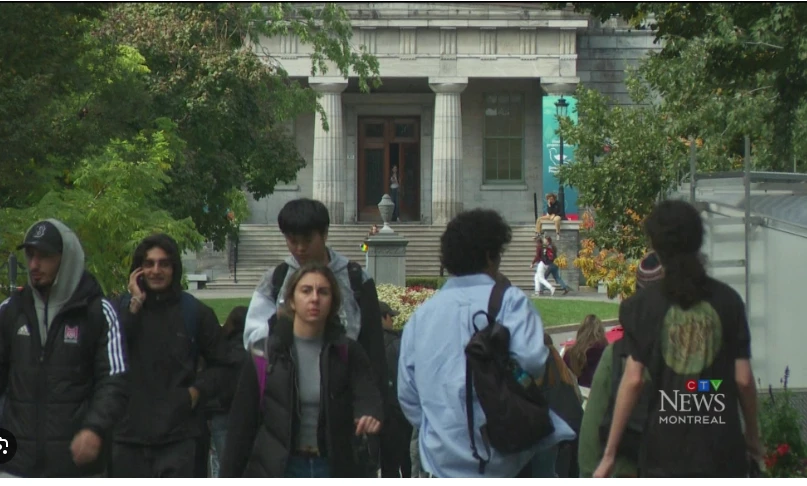Canada's Quebec province eases university tuition hike

Stay tuned with 24 News HD Android App

Canada's Quebec province bowed Thursday to an outcry over plans to double tuition for nonresidents at universities that teach in English, and will now impose a smaller increase, albeit with strings attached.
Tuition for students who are not from Quebec will now go up from around Can$9,000 (US$6,500) to Can$12,000 in the next school year, not to Can$17,000 as originally proposed two months ago, said Pascale Dery, the province's minister for higher education.
But in exchange for this, 80 percent of non-Quebec students must take French language classes so they can have an intermediate level of oral proficiency by the time they graduate, said Dery in a letter to the three universities affected by the changes.
With the extra money from the tuition hike, Quebec hopes to "correct a financial imbalance" between its English and French language universities and lure more French-speaking international students.
Quebec has had a long-running fear that its unique French-speaking identity in an otherwise Anglophone country is under threat of English intrusion -- especially in the metropolis of Montreal.
The province has three universities that teach in English, two of which -- McGill and Concordia -- are in Montreal.
The third one, Bishop's University, is two hours away from the city and located in the heart of a francophone community. So the language disappearance issue does not apply and this school will enjoy an exemption from the tuition hike.
The original tuition hike proposal triggered cries of protest and fears of students leaving the universities en masse. Many companies and other organizations joined the schools in calling for the plan to be axed.
Responding to the new, smaller tuition hike, McGill University principal Deep Saini said the increase was still "devastating."
"The government of Quebec's incoherent policy based on impressions and emotions rather than evidence-based decision making, simply does not serve Quebec well," Saini said.
Both McGill and Concordia said the idea of having 80 percent of students study to become intermediate in French is unreasonable and unattainable.
